Annotations to the working programs for the subject: "Informatics and ICT"
Course title
Informatics and ICT
Grade
5-9 GOS
Number of hours
34/34/34/34/68
Teaching materials
Textbooks
L.L. Bosova
Bosova L.L. Informatics and ICT: Textbooks for grades 5, 6, 7, 8, 9
Course objectives
information processes, systems, technologies, and models;
mastering skills to work with various types of information using a computer and other information and communication technologies (ICT); organizing one’s own informational activities and planning their results;
developing cognitive interests, intellectual and creative abilities through ICT;
cultivating a responsible attitude toward information considering legal and ethical aspects of its distribution; selective attitude to the received information;
developing skills in applying ICT tools in everyday life, when performing individual and group projects, in educational activities, and further mastering professions demanded in the labor market.
Program structure
explanatory note:
course goals and objectives considering the course specifics;
general characteristics of the course;
description of the course’s place in the curriculum;
requirements for the level of student preparation and subject results of mastering the specific course;
content of the course;
educational and thematic plan;
criteria and standards for assessing knowledge, skills, and abilities of students applied to various forms of knowledge control;
description of material-technical, educational-methodical, and informational support of the educational process.
Course title
Informatics and ICT
Grade
5-9 FGOS
Number of hours
34/34/34/34/68
Teaching materials
Textbooks
L.L. Bosova
Bosova L.L. Informatics and ICT: Textbooks for grades 5, 6, 7, 8, 9
Course objectives
information processes, systems, technologies, and models;
mastering skills to work with various types of information using a computer and other information and communication technologies (ICT); organizing one’s own informational activities and planning their results;
developing cognitive interests, intellectual and creative abilities through ICT;
cultivating a responsible attitude toward information considering legal and ethical aspects of its distribution; selective attitude to the received information;
developing skills in applying ICT tools in everyday life, when performing individual and group projects, in educational activities, and further mastering professions demanded in the labor market.
Program structure
explanatory note:
course goals and objectives considering the course specifics;
general characteristics of the course;
description of the course’s place in the curriculum;
requirements for the level of student preparation and subject results of mastering the specific course;
content of the course;
educational and thematic plan;
criteria and standards for assessing knowledge, skills, and abilities of students applied to various forms of knowledge control;
description of material-technical, educational-methodical, and informational support of the educational process.
Course title
Informatics and ICT
Grade
10-11 GOS
Number of hours
70
Teaching materials
Textbooks
I.G. Semakin, E.K. Henner
Semakin I.G., Henner E.K. Informatics and ICT. Basic level: textbook for grades 10-11.
Semakin I.G., Henner E.K., Sheina T.Yu. Informatics and ICT. Basic level: practice workbook for grades 10-11.
Course objectives
mastering a system of basic knowledge reflecting informatics’ contribution to the formation of the modern scientific worldview, the role of information processes in society, biological and technical systems;
mastering skills to apply, analyze, and transform informational models of real objects and processes using information and communication technologies (ICT), including in the study of other school subjects;
developing cognitive interests, intellectual and creative abilities through mastering and using informatics methods and ICT tools when studying various subjects;
cultivating a responsible attitude to compliance with ethical and legal norms of informational activity;
acquiring experience in using information technologies in individual and group educational and cognitive activities, including project work.
Program structure
explanatory note:
course goals and objectives considering the course specifics;
general characteristics of the course;
description of the course’s place in the curriculum;
requirements for the level of student preparation and subject results of mastering the specific course;
content of the course;
educational and thematic plan;
criteria and standards for assessing knowledge, skills, and abilities of students applied to various forms of knowledge control;
description of material-technical, educational-methodical, and informational support of the educational process.
Curriculum and Teaching Resources for the Upper Secondary General Education Program (Grades 10–11)
Order on the Approval of the Regulations for Administering the Exam in Russian Language Proficiency, Russian History, and Fundamentals of Russian Legislation
Document Containing Amended (Corrected) Information Published in the Issuer's Report for the First Half of 2022
Structure, Logic, and Design of Student Research Papers

 Deutsch
Deutsch
 Francais
Francais
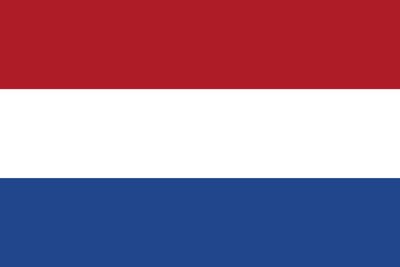 Nederlands
Nederlands
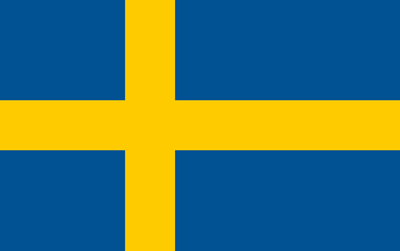 Svenska
Svenska
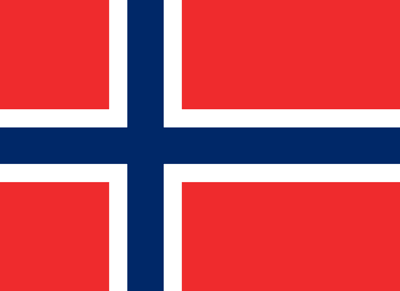 Norsk
Norsk
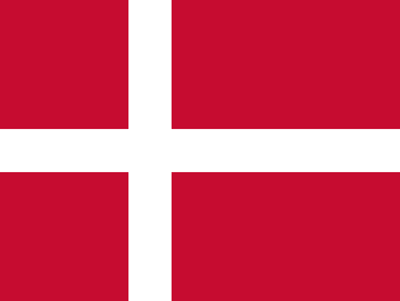 Dansk
Dansk
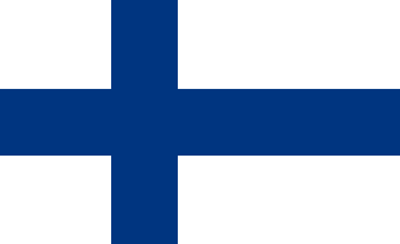 Suomi
Suomi
 Espanol
Espanol
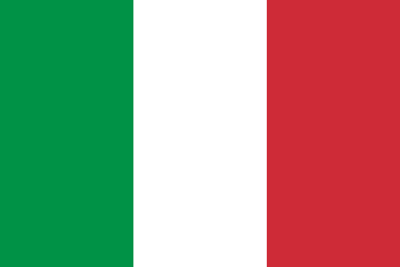 Italiano
Italiano
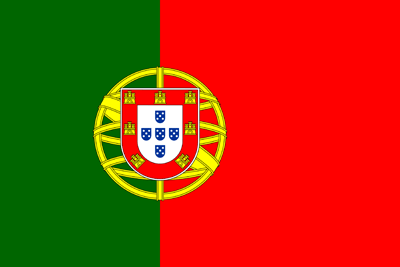 Portugues
Portugues
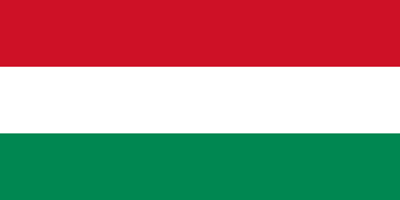 Magyar
Magyar
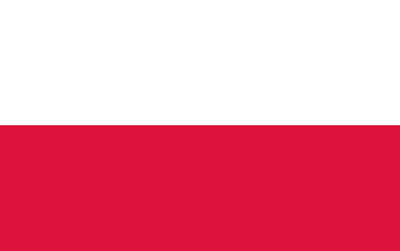 Polski
Polski
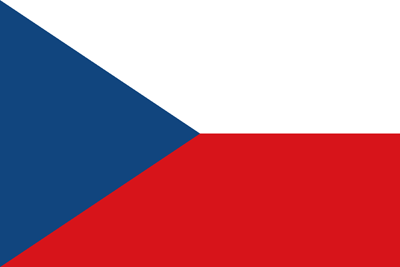 Cestina
Cestina
 Русский
Русский